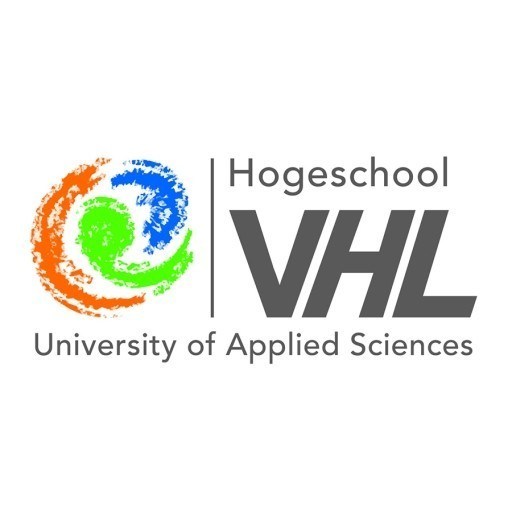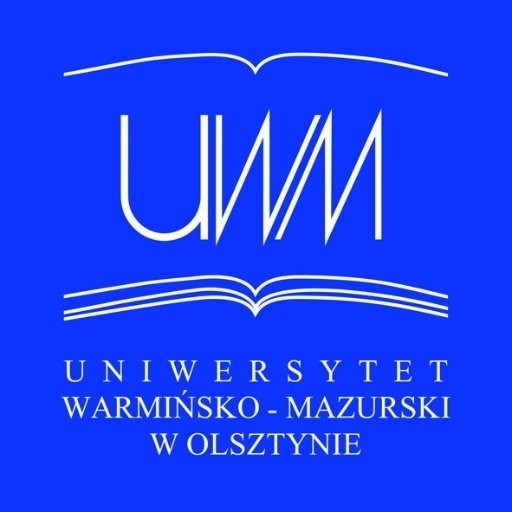The MSc Organic Agriculture at Wageningen University & Research offers a comprehensive and innovative education tailored for students passionate about sustainable and eco-friendly farming practices. This program is designed to prepare graduates to become leaders in organic agriculture, focusing on the ecological, social, and economic aspects of organic farming systems. Throughout the course, students will explore a wide range of topics including soil health, crop production, organic pest and disease management, biodiversity, sustainable resource use, and certification standards. The program emphasizes interdisciplinary learning, integrating biological sciences, agroecology, and agricultural economics to develop a holistic understanding of organic agriculture practices.
Students will engage with cutting-edge research and practical applications through fieldwork, laboratory experiments, and project-based learning, often collaborating with industry professionals and organic farmers. The curriculum fosters critical thinking, innovation, and problem-solving skills, enabling graduates to design and implement sustainable farming solutions that meet the increasing global demand for organic products. The program also addresses policy frameworks, market development, and consumer behavior related to organic products, preparing students for careers in research, advisory roles, certification bodies, or organic farming enterprises.
Wageningen University & Research's strong connections with the international organic sector provide students with valuable networking opportunities, internships, and exposure to real-world challenges in organic agriculture. The MSc Organic Agriculture is ideal for students aiming to contribute to the transition towards more sustainable food systems worldwide. Graduates will be equipped with the knowledge and skills necessary to promote organic practices, develop sustainable agricultural innovations, and support farmers and industry stakeholders in adopting environmentally responsible and economically viable farming methods. Upon completing this program, students will be well-positioned to make meaningful contributions to the future of organic agriculture, helping to address global sustainability challenges and ensure food security for future generations.
The Organic Agriculture Master's Programme at Wageningen University & Research offers a comprehensive and interdisciplinary education designed to equip students with in-depth knowledge and practical skills necessary for sustainable organic farming practices and innovative agricultural systems. This program emphasizes the ecological, social, and economic aspects of organic agriculture, aiming to contribute to the development of sustainable food systems worldwide. Throughout the course of study, students will explore a broad range of topics including organic crop and animal production, soil health management, integrated pest and disease control, crop diversity, and certification standards. The curriculum integrates theoretical foundations with hands-on experience gained through fieldwork, laboratory exercises, and projects, allowing students to apply their learning in real-world contexts.
The programme also covers policy analysis, market development, and consumer behavior related to organic products, preparing graduates for roles in research, consultancy, certification bodies, and policy-making institutions. Students will have the opportunity to specialize in areas such as organic horticulture, organic livestock production, or organic food supply chains, depending on their interests and career aspirations. International perspectives are heavily emphasized, with coursework and case studies drawn from diverse geographic regions to prepare students for global challenges. The programme fosters critical thinking, innovative problem-solving, and collaboration skills to address complex issues faced by sustainable agriculture systems today.
Graduates of this Master's programme will be well-equipped to contribute to the transition towards sustainable agriculture at local, national, and international levels. They will possess the analytical capabilities to evaluate organic farming systems critically, develop sustainable solutions, and advocate for policies aligned with organic principles. The programme not only advances academic understanding but also encourages entrepreneurship and leadership in organic agriculture initiatives. With access to Wageningen University's extensive network of research institutes, industry partners, and ecological farms, students are positioned to make meaningful contributions to the future of organic agriculture and food security.
Admission requirements
Grade Point Average of at least 70%; good skills in mathematics and/or statistics; basic computer skills.
Other requirements
- minimum kennis (ISPAC: overige vereisten) Grade Point Average of at least 70%; good skills in mathematics and/or statistics; basic computer skills.
- taaltoets cijfer Applicants must provide recent evidence of their spoken and written command of English.
- vooropleiding (ISPAC: vereiste vooropleiding) Bachelor's degree in the agricultural sciences, social sciences, biology, economics or related fields.
Funding for the Organic Agriculture master's program at Wageningen University & Research is primarily available through a variety of sources. Students can apply for government-funded scholarships such as the Holland Scholarship and Orange Tulip Scholarship, which are aimed at international students from specific countries. Additionally, Wageningen University offers a range of university-specific scholarships and grants to support talented students financially. Many students also secure funding through national and regional scholarship programs that target students pursuing studies related to sustainable agriculture and environmental sciences.
International students may also explore bilateral agreements between their home countries and the Netherlands, which sometimes include financial support for students undertaking relevant postgraduate studies. The university provides comprehensive guidance on scholarship applications via its International Students Office, emphasizing early application since these scholarships have limited availability and competitive selection processes.
Besides scholarships, students can consider student loans, which are accessible through Dutch national financial institutions, subject to eligibility criteria. Some students may also finance their studies through private lenders or family support. Part-time employment opportunities are available on and near campus, allowing students to supplement their income during their studies, although these positions are often limited to certain hours to avoid impacting academic progress.
The program’s structure also emphasizes practical training and internships, which are sometimes sponsored by partner organizations in the agricultural sector, providing stipends or financial compensation to students. Wageningen University also encourages industry collaborations, and students may find sponsorships or funding opportunities through these networks.
Overall, prospective students interested in financing their studies should review the latest scholarship options and financial aid programs on Wageningen University's official website and contact the university’s financial aid office for personalized assistance. Given the competitive nature of funding sources, early preparation and comprehensive application strategies are highly recommended to maximize the chances of securing financial support for the Organic Agriculture master’s program.
The MSc programme in Organic Agriculture at Wageningen University and Research is a comprehensive and interdisciplinary master’s degree designed to equip students with the latest knowledge and skills in sustainable organic farming practices. The program emphasizes the principles of organic agriculture, including ecological balance, biodiversity, soil health, and environmentally friendly production methods. It aims to prepare graduates to contribute to sustainable food systems, rural development, and innovative farming solutions worldwide.
Students in this programme are engaged in a combination of theoretical coursework, practical fieldwork, and research projects. The curriculum covers various topics such as organic crop production, soil and water management, pest and disease control, organic livestock management, and certification standards. Additionally, modules focus on policy, economics, and consumer behavior related to organic products. The programme also highlights the importance of integrating social and ecological aspects into sustainable farming systems, ensuring graduates can address complex challenges faced by the agriculture sector.
The programme is designed for students interested in pursuing careers in organic farming, agribusiness, research, policy, or development cooperation. Wageningen University collaborates with local and international partners to provide internships, real-world case studies, and networking opportunities, thereby enhancing practical experience and professional development for students. The university's strong emphasis on sustainability, innovation, and interdisciplinary collaboration makes it an ideal place for students passionate about creating a more environmentally friendly and resilient agricultural future.
Graduates of this programme are well-positioned to work in various sectors including organic certification agencies, NGOs, government agencies, research institutions, and private agribusinesses. They gain expertise in organic certification standards, sustainable production techniques, and market development, which are critical for advancing organic agriculture on a global scale. The programme also encourages critical thinking and problem-solving skills, preparing students to lead initiatives that promote ecological balance, rural livelihoods, and food security. Overall, the MSc in Organic Agriculture offers a unique blend of science, policy, and practical skills necessary for advancing sustainable agricultural practices worldwide.









